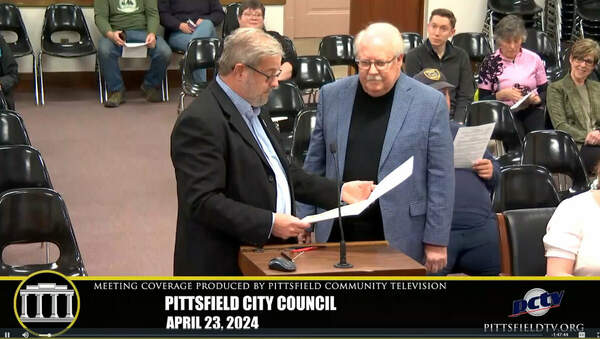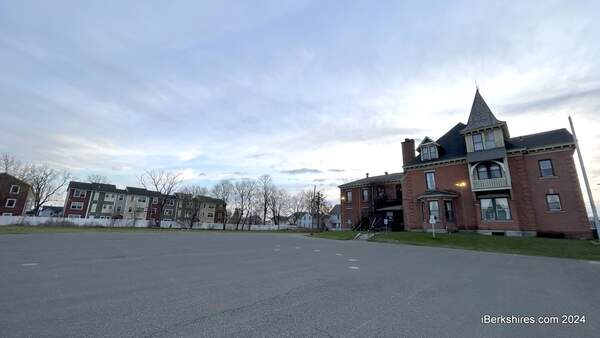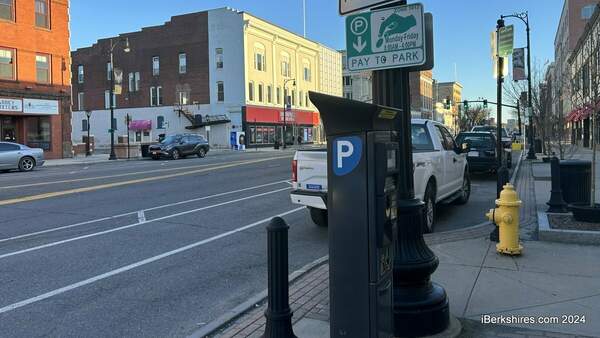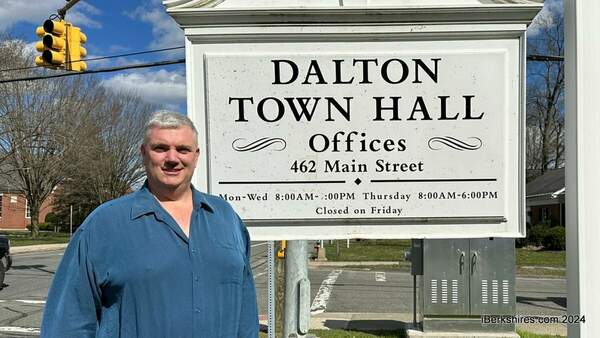Supreme Judicial Court Rules Cells, Texts Fall Under Wiretap Law
 |
BOSTON — The Supreme Judicial Court has ruled that the state's wiretap law authorizes Superior Court judges to issue search warrants permitting the interception of cellular telephone calls and text messages.
The Court answered two questions submitted by Berkshire Superior Court Judge Daniel A. Ford, who presided over a motion to suppress evidence consisting of cellular telephone calls and text messages. Ford ruled that the Massachusetts wiretap statute permitted law enforcement to monitor cellular telephone calls, but not text messages. After issuing his decision, Ford asked that the Appeals Court review his order.
The Supreme Judicial Court transferred the case to its docket, heard arguments on April 1, 2013, and issued its decision on Friday. The full opinion can be read here until the official reports are published.
"The SJC's decision is a sound one, utilizing both a careful reading of the legislative intent behind our wire communication law and a healthy dose of common sense," said Berkshire District Attorney David F. Capeless in a statement. "It is imperative that those of us in law enforcement entrusted with ensuring public safety have the same tools and technology as those who would attempt to undermine it, but we must be empowered to employ those tools against all serious and violent felons.”
The Court's ruling is significant because it addressed, for the first time, the application of the 1968 wiretap statute to modern cellular communications.
The case was Commonwealth vs. Cory A. Moody (and four companion cases), in which the Berkshire County Drug Task Force used intercepted cell phone and text communications to break a drug trafficking ring.
Cory A. Moody and Devin Newman were arrested and indicted in December 2010 for a variety of drug charges, including trafficking in cocaine and conspiracy.
The defendants argued that the warrants authorizing the monitoring of their cell phone communications fell outside of the state's wiretapping laws and was pre-empted because "it provides less protection than its Federal counterpart" updated in 1986.
"Consequently, the defendants suggest that the only permissible way for law enforcement authorities to intercept cellular telephone calls and text messages is under the Federal wiretap statute. We disagree," wrote the court.
The opinion reviews the history of the federal and state wiretapping laws and changes in the federal statute, finding that state legislation was as "protective" of modern cell communications as the federal law.
 We have no doubt that, in enacting the Massachusetts wiretap statute, the Legislature intended to protect all calls that to any extent or degree traveled "by the aid of wire, cable, or other like connection." The reality that cellular telephone technology has drastically reduced the need for such connections does not alter the "intrinsic intended scope" that we read the statute to preserve. In sum, we conclude that the existing language of the Massachusetts wiretap statute is broad enough to protect all forms of cellular telephone calls that utilize wire, cable, or other like connections, even if the use of such connections is only in switching stations. Thus, the Massachusetts wiretap statute is as protective as the amended Federal wiretap statute.
We have no doubt that, in enacting the Massachusetts wiretap statute, the Legislature intended to protect all calls that to any extent or degree traveled "by the aid of wire, cable, or other like connection." The reality that cellular telephone technology has drastically reduced the need for such connections does not alter the "intrinsic intended scope" that we read the statute to preserve. In sum, we conclude that the existing language of the Massachusetts wiretap statute is broad enough to protect all forms of cellular telephone calls that utilize wire, cable, or other like connections, even if the use of such connections is only in switching stations. Thus, the Massachusetts wiretap statute is as protective as the amended Federal wiretap statute.
The case was remanded back to Superior Court for further action.
Tags: cell service, legislation, SJC, superior court, texting, wiretapping,

.jpg)














